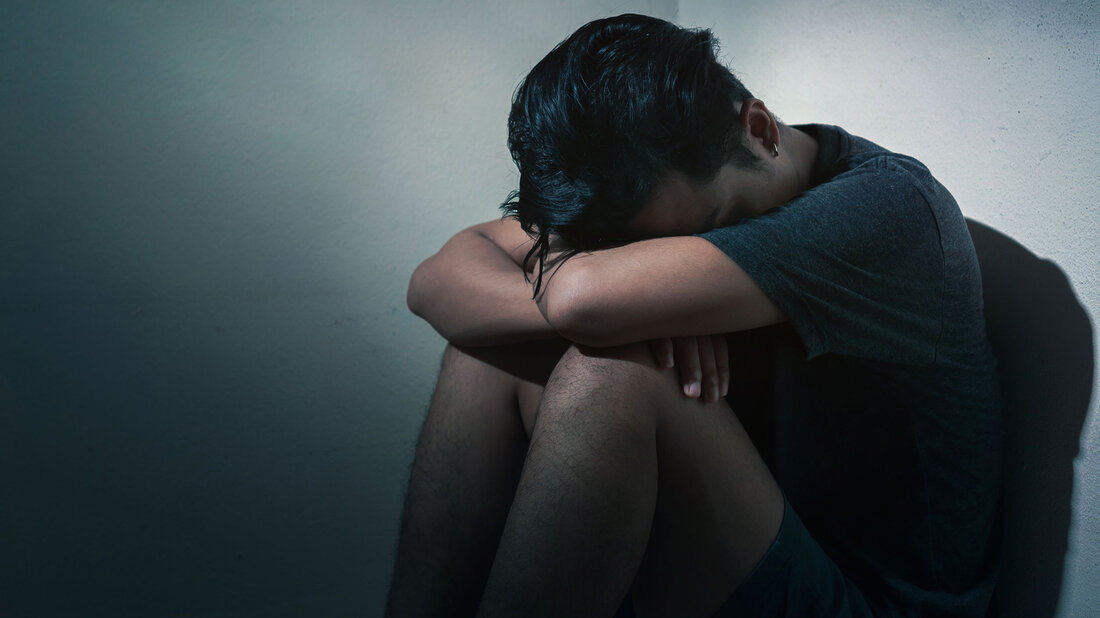Major depression is very treatable
What is major or clinical depression? Major depressive disorder (MDD) is a disorder characterized by signs and symptoms that affect the ability to work, sleep, eat, and once enjoy enjoyable activities. Depression is common and often goes undiagnosed because the onset of the first episode of major depression may not be obvious if it occurs gradually or mildly. According to DSM-IV – a manual for diagnosing mental illness. For a depressive episode, a person must have experienced at least five of the following nine symptoms in the same two weeks or longer, most of the time almost all...

Major depression is very treatable
What is major or clinical depression?
Major depressive disorder (MDD) is a disorder characterized by signs and symptoms that affect the ability to work, sleep, eat, and once enjoy enjoyable activities. Depression is common and often goes undiagnosed because the onset of the first episode of major depression may not be obvious if it occurs gradually or mildly.
According to DSM-IV – a manual for diagnosing mental illness. For a depressive episode, a person must have experienced at least five of the following nine symptoms in the same two weeks or longer, most of the time almost every day, and this is a change from his/her previous level of functioning. One of the symptoms must be either (a) depressed mood or (b) loss of interest.
a. Depressive mood. This can be an irritable mood for children and young people.
b. Significantly reduced interest or enjoyment in most or all activities.
c. Significant weight loss or gain (e.g., 5% or more weight change in a month if you are not dieting). This can also be an increase or decrease in appetite. For children, they may not gain the expected amount of weight.
d. Difficulty falling or staying asleep (insomnia) or sleeping more than usual (hypersomnia).
e. Behavior that is excited or slowed down. Others should be able to observe this.
f. Feeling tired or having less energy.
G. Thoughts of worthlessness or extreme guilt (not about being sick).
h. The ability to think, concentrate or make decisions is limited.
I. Frequent thoughts of death or suicide (with or without a specific plan) or attempted suicide.
To be considered severe depression:
Your symptoms are not due to a mixed episode - simultaneous mania and depression, which can occur in bipolar disorder
Symptoms must be severe enough to cause noticeable problems with everyday activities such as work, school, social activities, or relationships with others
The symptoms are not due to the direct effects of something else, such as: B. Substance abuse, taking a medication, or a condition such as hypothyroidism
Symptoms are not caused by grief, such as temporary sadness after the loss of a loved one
Treatment
Although major depression is a serious mental disorder that severely affects a person's quality of life. It is very treatable. There are many types of treatment. Medication and psychotherapy are very effective for most people. Some studies have shown that antidepressant drug therapy combined with psychotherapy produces better results than either therapy alone.
Medication
Medications include:
Selective serotonin reuptake inhibitors (SSRIs)
Serotonin and norepinephrine reuptake inhibitors (SNRIs)
Norepinephrine and dopamine reuptake inhibitors (NDRIs)
Atypical antidepressants
Tricyclic antidepressants
Monoamine oxidase inhibitors
psychotherapy
There are several types of psychotherapy that have been shown to be effective for depression, including cognitive behavioral therapy (CBT) and interpersonal therapy (IPT).
Cognitive behavioral therapy (CBT) helps identify negative beliefs and behaviors and replace them with healthy, positive ones.
Interpersonal therapy (IPT) focuses on the interpersonal context and building interpersonal skills.
Inspired by Fariborz Arbasi

 Suche
Suche
 Mein Konto
Mein Konto
